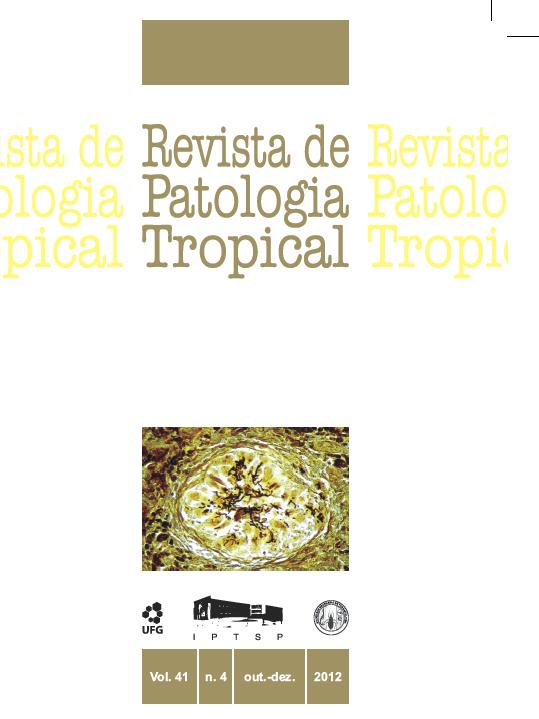Smallpox in Brazilian Colonial Ages (16th and 17th Centuries)
DOI:
https://doi.org/10.5216/rpt.v41i4.21701Keywords:
History of Medicine, Smallpox, Indians, Brazilian Colonial Ages.Abstract
Infectious diseases, which are part and parcel of animal life, have accompanied and shaped human history on earth, especially since man began to live in clusters. In the New World, with the arrival of the Europeans, they manifested as a “biological war of conquest”. Hitting a native population immunologically incapable of resisting them, influenza, measles and smallpox sealed the fate of millions. The aim of this paper is to recount the catastrophe that smallpox represented in the early history of Brazil, where it killed 30 to 50% of native american victims, destroyed indigenous society, caused immense damage to colonial economy, and promoted slave traffic.Downloads
Downloads
How to Cite
Issue
Section
License
The manuscript submission must be accompanied by a letter signed by all authors stating the full name and email address, confirming that the material has not been published or is under consideration for publication elsewhere, and agreeing to transfer copyright in all media and formats for Journal of Tropical Pathology. The authors will not be paid for published articles. They are solely responsible for the content of those articles, even if the Editor holds the right to adjust them to the norms of the journal.
The reviewers will not be paid for the peer review process.

